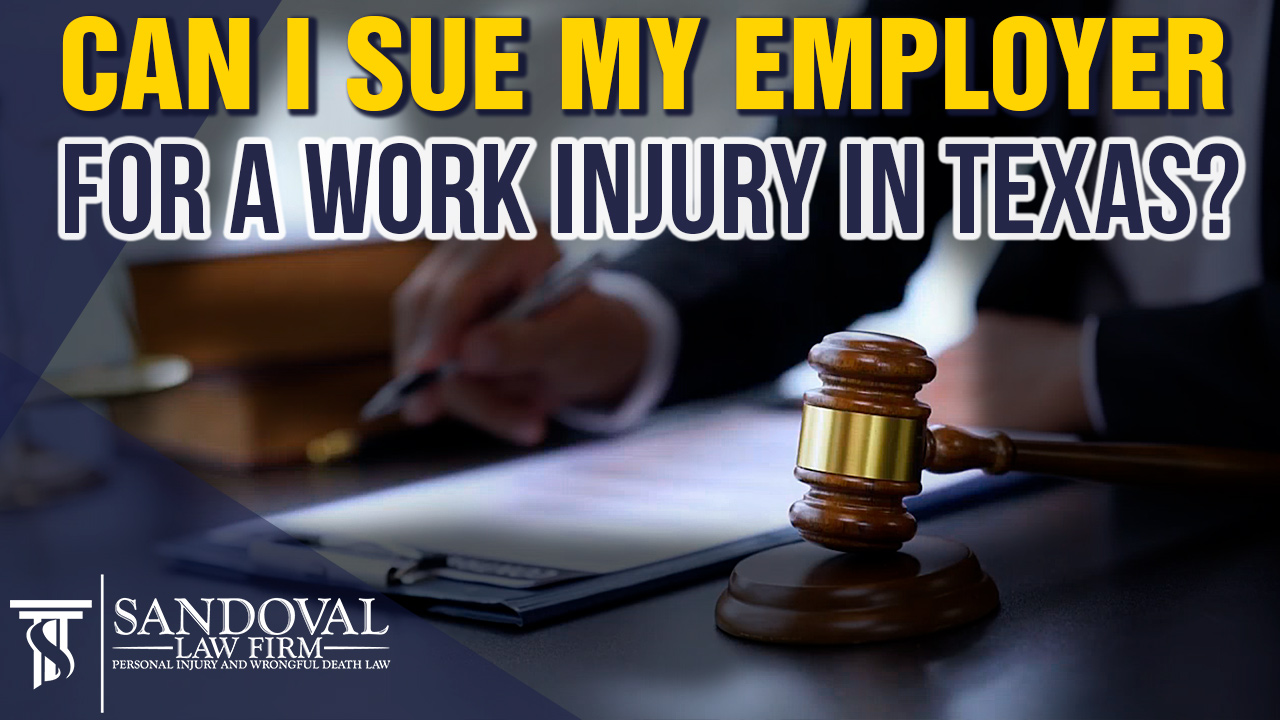If you’ve suffered a workplace injury while employed by a Texas non-subscriber, you may feel pressured to return to work quickly—but is that the right decision? Many injured workers rush back too soon, either out of fear of losing their job or because their employer minimizes their injury. However, returning before you’re fully healed could put both your health and your legal claim at risk.
The decision to go back to work should be based on:
✔️ The severity of your injury
✔️ Medical advice from an independent doctor (not just your employer’s doctor)
✔️ Your employer’s ability to provide reasonable accommodations
Understanding the Risks of Returning to Work Too Soon
If you work for a Texas non-subscriber employer, you may not have traditional workers’ compensation benefits. Instead, your employer provides its own private injury benefits plan, which may offer limited coverage and often encourages injured workers to return to work before they are fully recovered.
Going back to work too soon can have serious consequences, including:
🚫 Re-injury or worsening of your condition – Returning before full recovery could make your injury permanent.
🚫 Loss of legal rights – If you return too soon and later realize your injury is worse than expected, your employer may use it against you to deny further compensation.
🚫 Pressure to accept a low settlement – Your employer may try to settle quickly before the full impact of your injury is known.
🚫 Employer retaliation – If you resist returning too early, your employer might cut your hours, demote you, or even terminate you.
Who Decides If You’re Ready to Return to Work?
🔹 Your Doctor’s Advice Matters
Your employer may require you to see a company-approved doctor, but remember, these doctors often have the employer’s interests in mind, not yours. It’s essential to get an independent medical evaluation from a doctor you trust. If your own doctor advises against returning to work, listen to them and get it documented.
🔹 Your Employer’s Accommodations
If your doctor clears you for light duty, your employer must reasonably accommodate your work restrictions. This could include:
✔️ Reduced hours or modified shifts
✔️ Lighter physical tasks
✔️ Temporary reassignment to a different role
However, if your employer refuses to accommodate your limitations or pressures you into doing work beyond your capabilities, you may have legal grounds for further action.
What Should You Do Before Returning to Work?
✅ Get a Clear Medical Evaluation – See an independent doctor to assess your injury.
✅ Understand Your Work Restrictions – Get written documentation of what you can and cannot do.
✅ Communicate Clearly with Your Employer – If accommodations are needed, discuss them in writing.
✅ Consult a Work Injury Lawyer – If you feel pressured to return before you’re ready, seek legal guidance.
Know Your Rights: Don’t Let Your Employer Pressure You
Many Texas non-subscriber employers try to pressure injured workers into returning too soon or even deny benefits altogether. Since they are not covered by state workers’ compensation, they do not have immunity from lawsuits—meaning if their negligence caused your injury, you may have the right to sue for full compensation.
When Should You Call a Lawyer?
📌 If your employer is pressuring you to return to work before you’re ready
📌 If you were cleared to work but your injury is getting worse
📌 If your employer is refusing to accommodate your medical restrictions
📌 If you are being retaliated against for reporting your injury
Protect Your Health & Your Future – Contact a Work Injury Lawyer Today
Your health should always come first—don’t let your employer rush your recovery or deny your rights. If you’re unsure about returning to work after an injury, speak with a Texas non-subscriber injury attorney to understand your options.
📞 Call Sandoval Law Firm, PLLC at (346) 347-7777 for a free consultation and let us fight for the full compensation you deserve!











